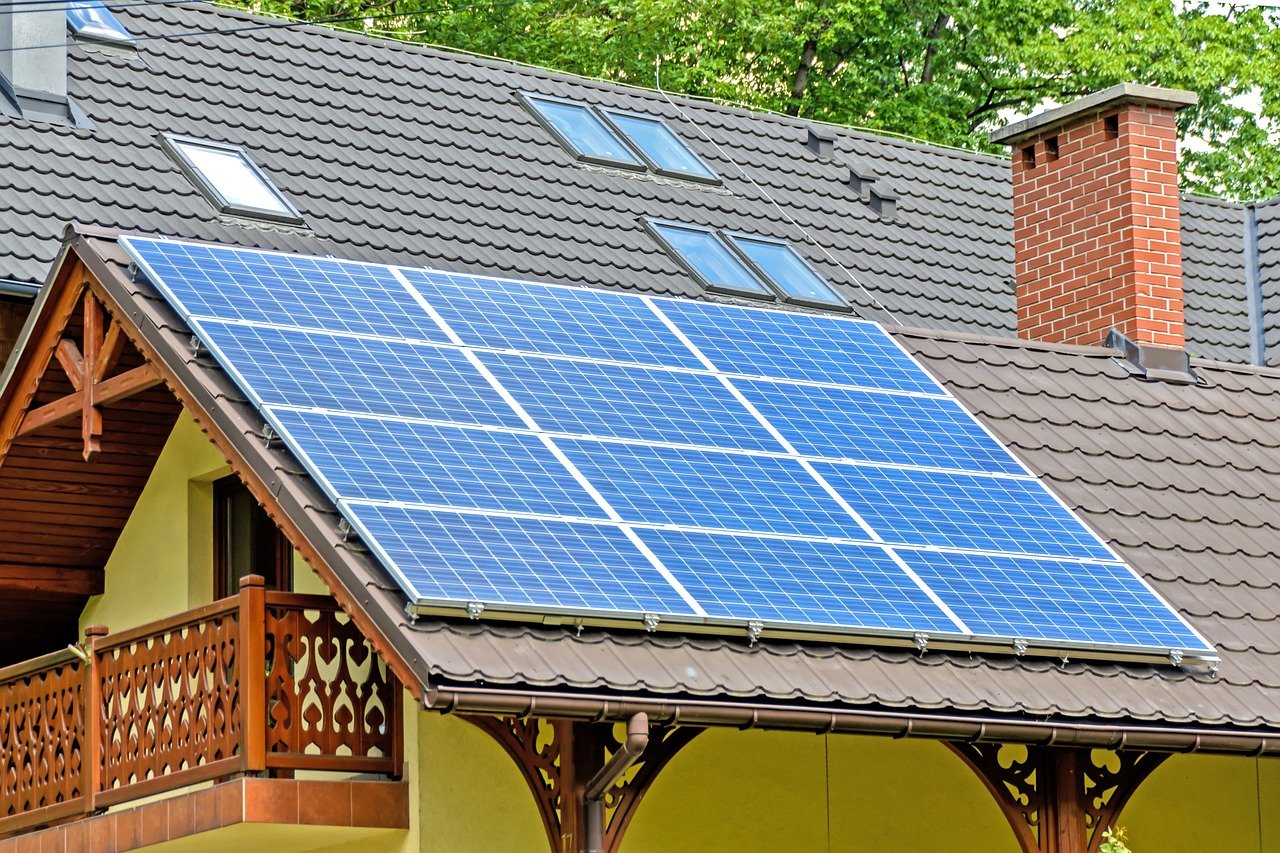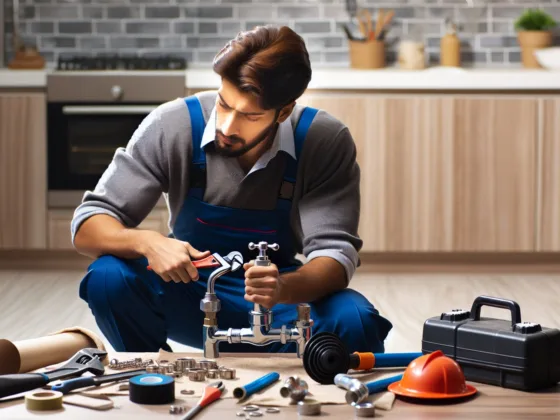Solar-powered systems are becoming more common across neighborhoods in the US and worldwide.
In the past couple of years, developers have made solar-powered technology not just better, but also more accessible by the common folk. As such, it’s not surprising that more people are looking to make this change in their household.

In 2019 alone, the US saw over two million installations of solar-powered panels in homes. It’s the most on an annual basis and the number is steadily growing at that.
If you want to make your home a part of the solar revolution, it’s easy to have panels installed on your rooftop. Of course, there are a few other things that you should consider as well.
Is Your Roof in Good Condition?
Solar-powered panels are usually installed on roofs. This is the part of the house that’s most exposed to the sun which makes it ideal for installation.
Moreover, it helps you get solar panels without having to make more room in your front or backyard. One of the first things you should consider is whether or not your roof can handle the load of solar panels.
Solar panels are not light materials and they are actually a few pounds heavy. Check if your roof is in need or repairs first.
Is it strong enough to carry the load of the panels and the installers during installation? Are there no loose shingles? Is there enough space for solar panels? When was the roof installed? These are just some of the questions that you need to ask first.
The good thing is that your installer is going to help you out with this process. If you want to learn more about the status of your roof, you can simply ask them to check if it’s okay to have solar panels installed.
If the roof needs repairs, they’ll tell you first before they begin doing their job.
Read Also:
Picking a Contractor
One of the most important parts of getting solar panels installed in your home is actually picking the contractor that’s going to install your new tech.
Picking a company to do the job is fairly easy considering that there are already some reputable names in the industry. First, you’d want to check the company itself and what kind of practices they have.
The solar panels you want to have are those that can generate the most energy for your home. Ideally, you’d want to get 80% of energy output throughout the duration of your panel’s warranty.
You’d want only the most efficient and most durable solar panels for your home so it’s a must that you do the needed review.
After doing your own research, it’s time to refer to the experience of others. You can easily find reviews of these companies online, on their website, or on their social media page.
Look for important comments such as whether or not their maintenance teams act fast when responding to emergencies. It’s also important to know how efficient and durable their panels are through these reviews.
Learning which companies you transact with is one of the important parts of making your home run on solar energy. Even if there are a lot of reputable providers out there, it’s still best to be safe.
Connecting to the Grid
Making your home solar-powered doesn’t exactly mean that you are going to be out of the grid. In truth, your solar panels are still going to be connected to the grid.
When it comes to this, you may have to coordinate with your local utility company that offers electricity. Once coordinating with them, there will be a few things that you need to be aware of.
For starters, you need to know how long it takes before they are able to hook you up to the system. It’s important that you know this so that you are prepared to cope with the downtime for the electricity while you are being connected.
This usually takes a few hours only. In some utility companies, you’ll be asked to pay a fee first.
You should coordinate not just with the local utility company, but also with your local government. Ask them if there are any grants to having solar panels installed in your home.
It’s also important to know what would happen to your monthly energy bill once you begin running on solar energy.
Warranties
When getting solar panels installed in your home, you need to consider the warranty as well. There are actually three types of warranties with regards to this.
The first is a solar panel warranty which basically covers the equipment itself. Ideally, the warranty should be somewhere between 25-30 years which is the standard.
Next is the installation warranty. This refers to the warranty related to whether or not all of the equipment is installed. These include cover for labor, parts, and replacements as well.
Ideally, the warranty for this should be somewhere between 2 to 10 years.
Last but not least is the inverter warranty. This covers the inverter used to link your panels together and the one that links your system to the grid. Warranty periods for inverters vary from company to company but ideally, you are looking for 5-15 years.
Warranties are crucial for solar panels and all related services as these are not at all cheap. You want the service and equipment covered by warranties as you don’t want to have any extra expenditures on your end.
DIY Installation
Having solar panels installed is not free. In fact, you might even be tempted to have the panels installed on your own. Unless you yourself are an experienced installer, don’t even think about it.
There are safety standards when it comes to the installation panels so it’s a must that you have yours installed as properly as possible.
Due to the influx of technology related to solar panels and the number of companies offering them, it is now easier than ever to become a part of the change to better energy options.
In truth, having solar panels installed is indeed tough work. However, once it’s installed on your roof, you have nothing else to worry about.










